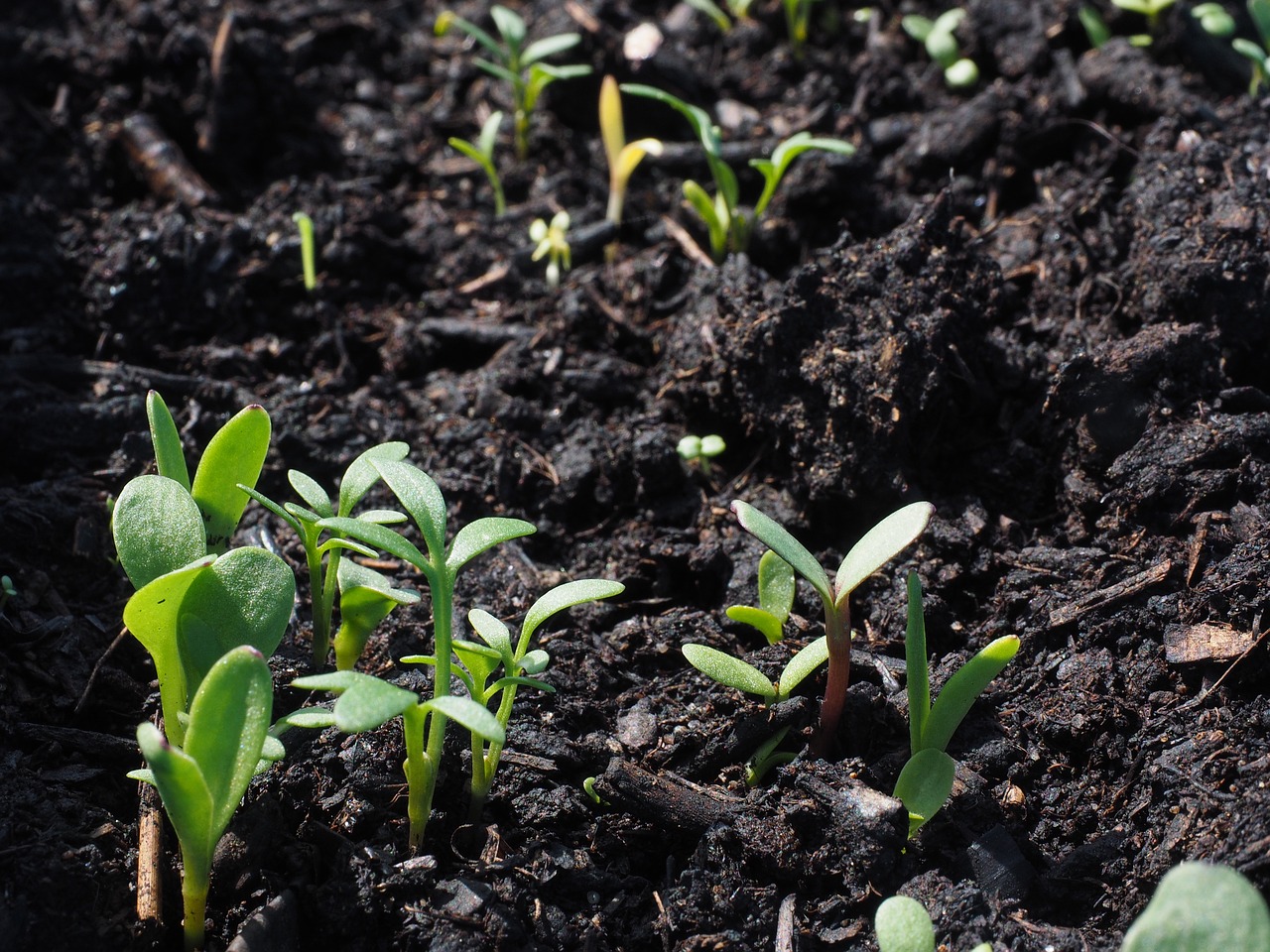Summary of Global Warming Accelerates Heterotrophic Soil Respiration from Soil Microbes [Study]:
A new study has found that global warming accelerates carbon dioxide emissions from soil microbes. These emissions, known as heterotrophic soil respiration, are the largest source of terrestrial carbon in the atmosphere. The researchers used various methods, including field observations and laboratory measurements, to arrive at their findings. The study highlights the importance of assessing carbon dynamics in soil ecosystems and the need to further investigate carbon dioxide emissions from plants through autotrophic respiration. Soil microbes play a crucial role in the carbon and nitrogen cycles. The increase in soil temperature caused by climate warming can accelerate the decomposition and absorption of organic matter by soil microbes. Humans also significantly contribute to climate change and global warming through anthropogenic carbon dioxide emissions. The study emphasizes the challenge of mitigating greenhouse gas emissions to limit global warming and meet the goals of the Paris Climate Agreement.
– Global warming accelerates carbon dioxide emissions from soil microbes through heterotrophic soil respiration.
– Soil microbes are microscopic life forms crucial in the carbon and nitrogen cycles.
– Climate warming can alter soil environmental factors and increase soil microbial activity.
– Heterotrophic soil respiration is a natural process where carbon dioxide is emitted from organic matter decomposition involving soil microbes.
– Human-induced carbon dioxide emissions have contributed to the worsening state of global warming and climate change.
Global warming has been a topic of concern for years, with scientists warning about its cascading effects on various aspects of our planet. The impacts of global warming are far-reaching, from melting glaciers to marine life destruction and global sea level rise. At the heart of this issue lies the ability of greenhouse gases to trap solar heat. However, a recent study published in Nature Communications sheds light on a lesser-known aspect of global warming – its acceleration of carbon dioxide emissions from soil microbes through heterotrophic soil respiration.
Soil microbes, known as soil microorganisms, are microscopic life forms crucial in the carbon and nitrogen cycles. They include archaea, bacteria, viruses, and eukaryotes like fungi. These tiny organisms are responsible for the decomposition of organic matter in soils, releasing carbon dioxide into the atmosphere. The new study emphasizes further assessing carbon dynamics in soil ecosystems. It acknowledges that soil carbon efflux is the largest source of terrestrial carbon in the atmosphere.
Climate change and global warming can significantly alter soil environmental factors such as temperature, pH, and humidity. These changes can affect soil microbial activity and, in turn, impact carbon dioxide emissions. Higher soil temperatures, for example, can increase soil microbes’ activity, accelerating organic matter’s decomposition and absorption.
Heterotrophic soil respiration is the natural process through which carbon dioxide is emitted from the soil into the atmosphere. It occurs when soil microbes and fauna decompose organic matter. However, accurately estimating global heterotrophic soil respiration remains challenging due to “large uncertainties.” Nonetheless, the acceleration of this process by global warming further adds to the complex issue of mitigating greenhouse gas emissions, particularly carbon dioxide.
While soil microbes play a significant role in carbon dioxide emissions, it is crucial to acknowledge that humans have been the most significant contributors to global warming and climate change. Since the onset of the Industrial Revolution in 1750, human-induced or anthropogenic emissions have significantly increased the total amount of carbon dioxide in the Earth’s atmosphere. This increase overwhelms the natural sinks’ ability to remove the excess carbon dioxide, further exacerbating the global warming crisis.
The Paris Climate Agreement, established in 2015, aims to limit the global average temperature increase to at least 1.5 degrees Celsius. It recognizes the urgent need to address carbon dioxide emissions and confront the challenges posed by global warming. By reducing greenhouse gas emissions and promoting sustainable practices, the agreement strives to mitigate the adverse effects of climate change and safeguard our planet’s future.
In conclusion, the new study highlights the intricate relationship between global warming, soil microbes, and carbon dioxide emissions. Soil microbes are essential players in the carbon cycle and are impacted by climate change-induced alterations in soil conditions. Understanding and accurately estimating heterotrophic soil respiration is crucial for addressing global carbon dioxide emissions and working towards mitigating the effects of global warming. However, it is also paramount to acknowledge the human factor contributing to climate change and take proactive measures to reduce greenhouse gas emissions. By doing so, we can strive to create a sustainable and healthier future for our planet and all its inhabitants.

